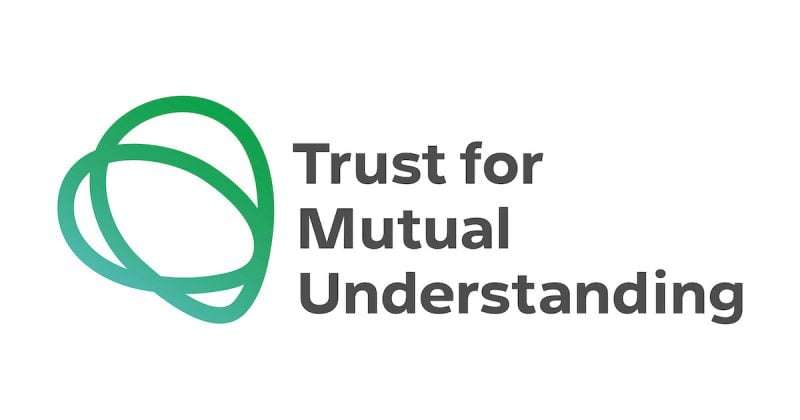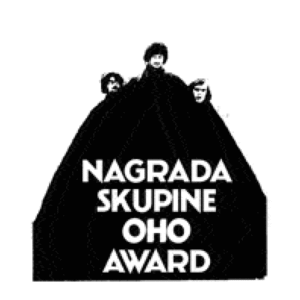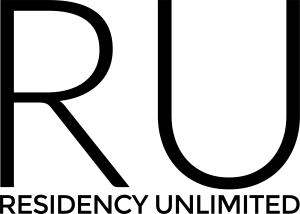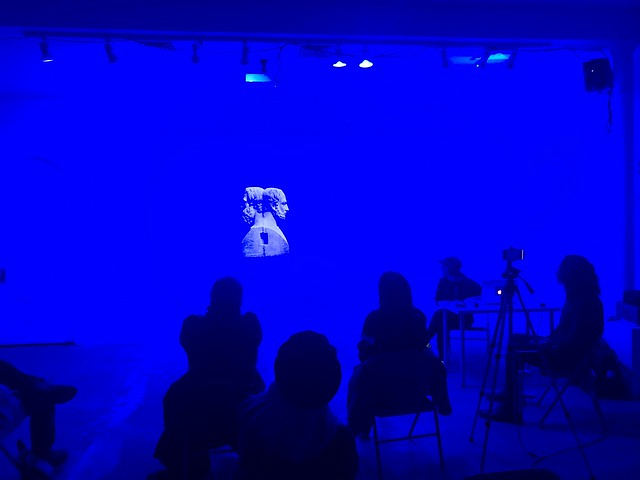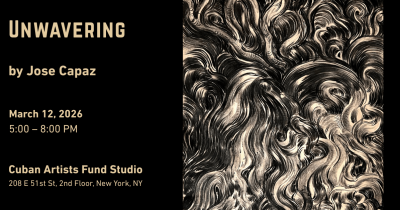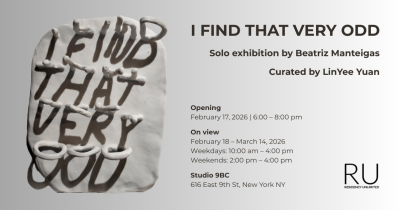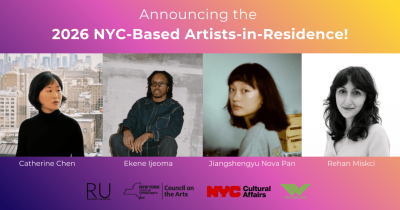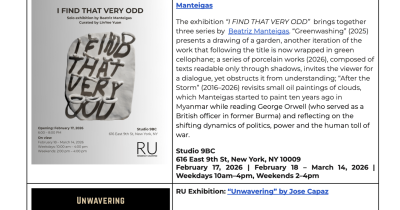Tuesday, November 23 2021, 6:30-8:00pm
Location: Residency Unlimited, 360 Court Street (main green church doors), Brooklyn NY 11231
Whistling is a spontaneous and coincidental performative act that usually happens during other activities. Some people can do it easily and others never manage to master it. Known to all cultures, generations, and genders, whistling is a universal form of non-verbal communication that is surrounded by an aura of triviality, although it is faster, stronger, and penetrates deeper than a spoken word. ‘When a crawfish whistles on the mountain’ is an artist talk and performance by the 2021 RU artist Lene Lekše and professional whistler Brian Crowley. Positioned in the utopian Cloud-cuckoo-land, they will explore different whistling ‘strategies’, folklore superstitions related to the act of whistling and its ultimate value as an act of resistance.
Click the image below to see photos from the talk and performance.
Lene Lekše is a Slovenian artist and winner of the 2021 OHO Award. In her practice, she builds complex fictitious worlds where she explores the intricate relationships between truth and fiction, prioritizing the latter to subvert dominant narratives connected with geopolitics, culture, art, and history. Her work is marked by humor interlaced with seriousness. It reflects the ways in which narratives are created and often takes as a starting point obscure existing stories that she develops into new myths that are forever shifting. Viewers are invited to rethink their position and question the systems of belief and power they are a part of. (except text by Urška Aplinc)
Brian Crowley is a professional whistler based in New York City. He is also known by his stage name “The Whistle Tone”. As the Premier Musical Whistler, Brian marries his whistling talent with his musical theatre background. Brian was named the 2020 2nd Place Global Whistling Champion by the International Whistlers Guild. He is currently competing in the 2021 GWC and is thrilled to be a part of this project with Lene.
This program benefits from the support of the Trust for Mutual Understanding and OHO Award. This program is also supported, in part, by public funds from the New York City Department of Cultural Affairs in partnership with the City Council.
